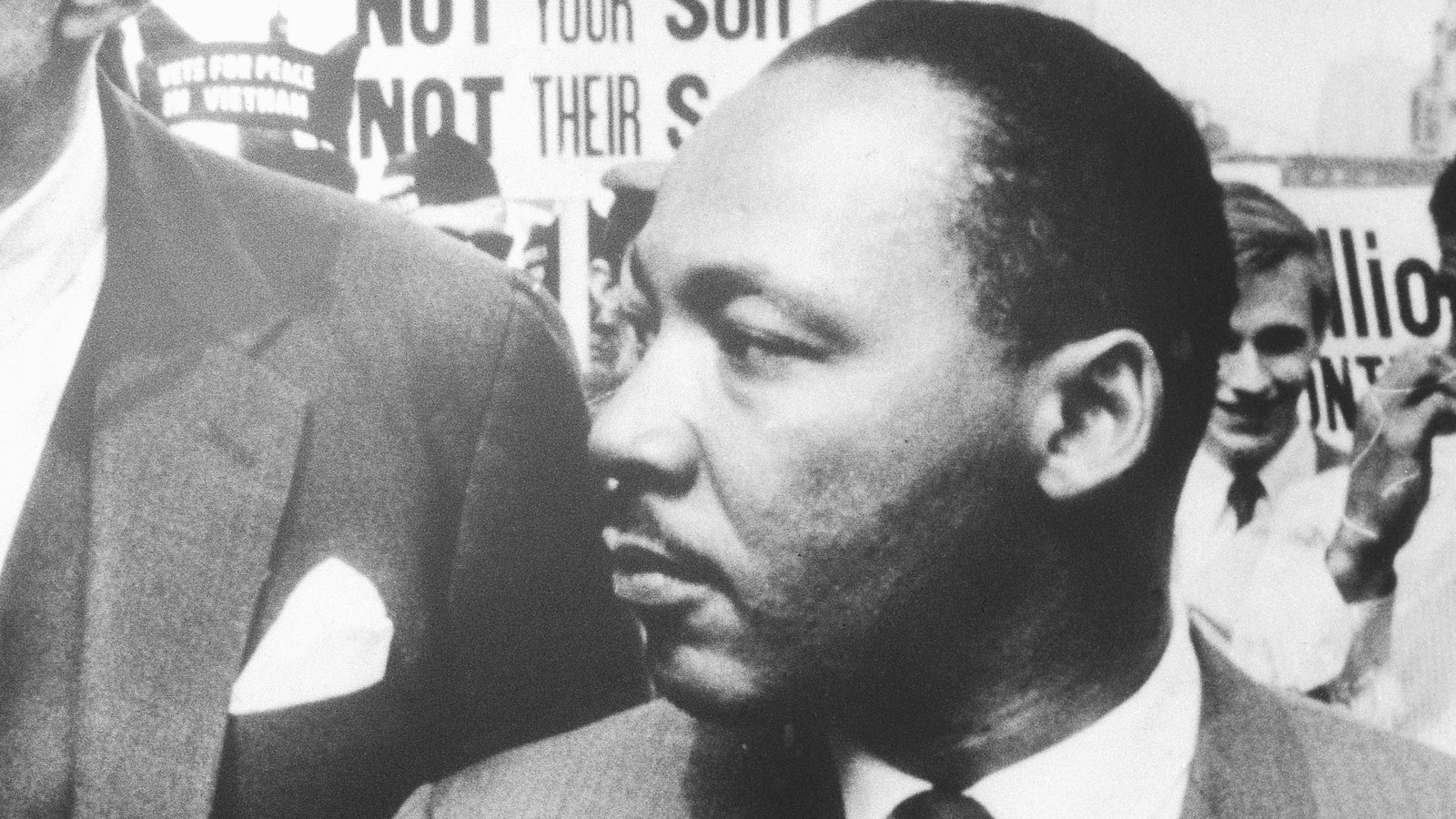The US Justice Department has released more than 240,000 pages of documents related to the assassination of Rev Dr Martin Luther King Jr.
Why it matters
- The release of these documents is a significant step towards transparency regarding the events surrounding the assassination of a pivotal civil rights leader.
- The information contained within these pages could potentially provide new insights into the circumstances of Dr. King's death and the investigation that followed.
- This disclosure may reignite discussions about accountability and justice related to historical civil rights abuses.
In a landmark move towards transparency, the US Department of Justice has made public over 240,000 pages of documents pertaining to the assassination of Rev. Dr. Martin Luther King Jr. This extensive release comes as part of an ongoing effort to disclose historical records that have long been kept under wraps, offering a treasure trove of information for historians, researchers, and the general public.
Dr. King's assassination on April 4, 1968, in Memphis, Tennessee, marked a tragic turning point in the American civil rights movement. The new documents include investigative materials, correspondence, and records associated with the FBI's inquiries into the tragic event. Many have long questioned the official narrative surrounding the assassination and whether all relevant information has been disclosed to the public. The released documents could potentially illuminate aspects of the investigation that have remained obscure for decades.
The release has been met with a mix of anticipation and skepticism. Advocates for civil rights and transparency have applauded the Justice Department for taking this significant step, emphasizing the importance of understanding American history, particularly the intricate details surrounding the lives and deaths of its most influential figures. The information could also reignite discussions about the implications of government surveillance and the lengths to which authorities went in their efforts to surveil and discredit Dr. King and other civil rights leaders during the 1960s.
Among the documents, researchers will find memos, reports, and testimonies that paint a more detailed picture of the political climate during Dr. King's life and the aftermath of his death. Some materials may reveal interactions between law enforcement agencies, including the FBI and local police, and their handling of evidence related to the assassination. Historians have long sought clarity on these relationships to understand how they may have influenced the investigation's outcomes.
The release of these files also resonates with ongoing calls for accountability regarding historical injustices faced by marginalized communities in the United States. As America continues to grapple with issues of systemic racism and inequality, shedding light on the past can be a vital step towards healing and reconciliation.
Critics of the FBI's past actions have long argued that the agency's surveillance of Dr. King and other civil rights activists was not merely an investigation but a campaign aimed at undermining their efforts. The newly available documents could provide evidence that either supports or counters these claims, depending on the findings within. This potential for new revelations could lead to a renewed examination of the FBI's practices during a tumultuous period in American history.
The release aligns with broader movements advocating for transparency and accountability in governmental operations. As more historical records become accessible, they contribute to a more nuanced understanding of the struggles faced by civil rights leaders and the government's role in these events. Such transparency is particularly important as younger generations seek to understand the complexities of their nation's past, including the legacy of racial injustice that has shaped modern America.
Moreover, the timing of this release may serve to inspire further discussions about the legacy of Dr. King and the ongoing struggle for civil rights today. As communities continue to face inequities, revisiting Dr. King's teachings and the historical context of his activism can provide valuable lessons for current movements advocating for social justice.
Overall, the release of these documents is more than just a historical footnote; it represents a critical opportunity for reflection, discussion, and, potentially, a path toward more profound accountability for long-standing issues in American society. As the public digests this new information, it is likely that the ramifications of these documents will extend far beyond the pages themselves, influencing contemporary dialogues on justice, equality, and governance.











